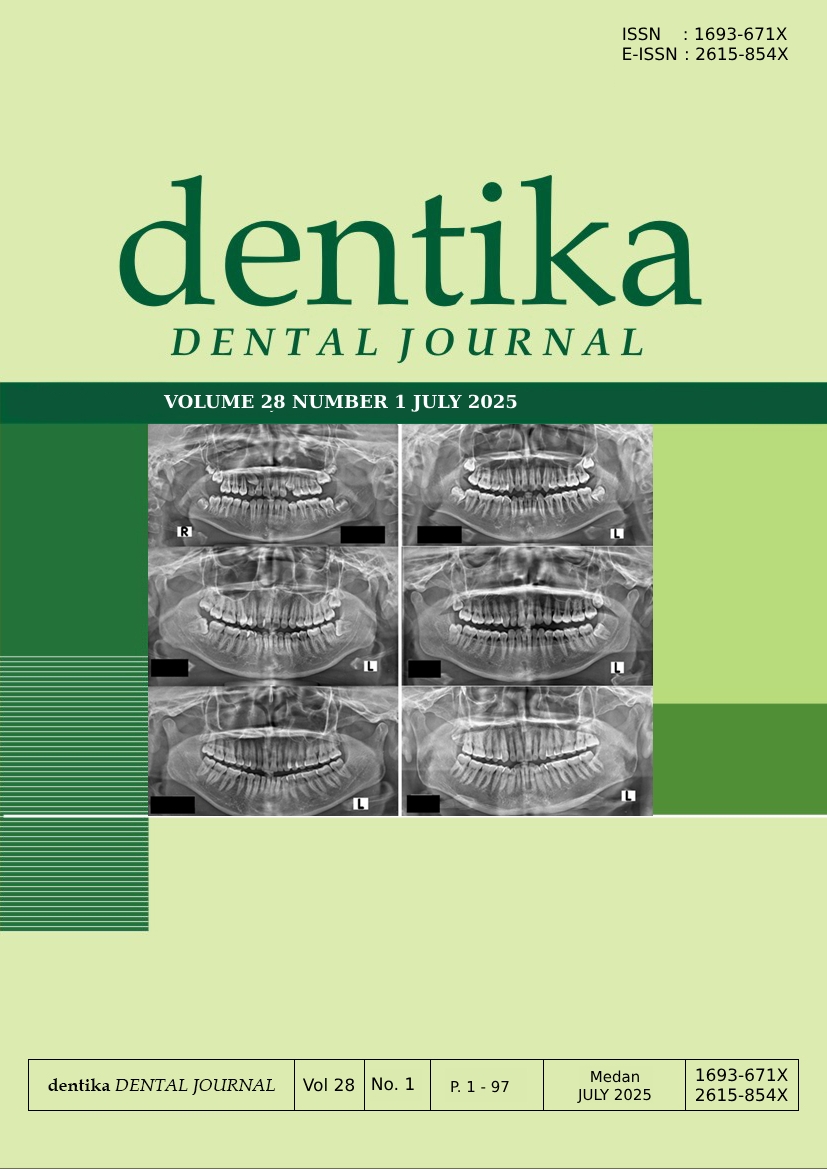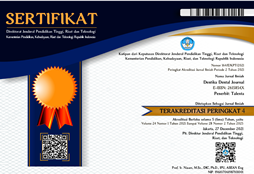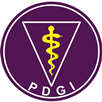Chinese Petai Leaf Extract Gel (Leucaena glauca, Benth) decreasing neutrophil number in gingival inflammation animal model of Wistar Rats
DOI:
https://doi.org/10.32734/dentika.v28i1.20119Keywords:
Inflammation, Chinese petai leaf, Neutrophils, Porphyromonas gingivalis, GingivitisAbstract
When damage signals occur, neutrophils are the first cells to migrate from blood vessels as a natural response of the body. However, in chronic inflammation, neutrophils contribute to tissue injury and potentiate the immune response. This study aimed to determine the number of neutrophil cells in gingiva of rats induced with inflammation after the administration of Chinese petai leaf extract gel. The study was conducted using true experiment with a posttest-only controlled group design in vivo. Male Wistar rats were induced with Porphyromonas gingivalis ATCC®33277TM bacteria on the cervical gingiva and kept for 4x24 hours until inflammation occurred. Inflammed gingiva in rats was treated in several groups, including gel containing Chinese petai leaf extract of 6 and 15%, Gengigel®, and distilled water. On days 3 and 5, a dissection of each treatment group was conducted to determine the number of neutrophil cells in rats using an Olympus CX31 microscope at 400x magnification. One-way ANOVA analysis revealed that the 15% concentration significantly reduced the neutrophil count on days 3 and 5 (p ≤ 0.05). In conclusion, Chinese petai leaf extract gel 15% reduced the number of neutrophils in rats with gingivitis on days 3 and 5. This signified a normal transition from the inflammatory phase, which was considered beneficial for rapid wound healing. Future research is necessary to explore the content of Chinese petai leaves at different concentrations.
Downloads

Downloads
Published
How to Cite
Issue
Section
License
Copyright (c) 2025 Ika Astrina, Maria Novita Helen Sitanggang, Luthfiani, Febby Revita Sari, Nadiah Awliya Rahmah

This work is licensed under a Creative Commons Attribution-ShareAlike 4.0 International License.















